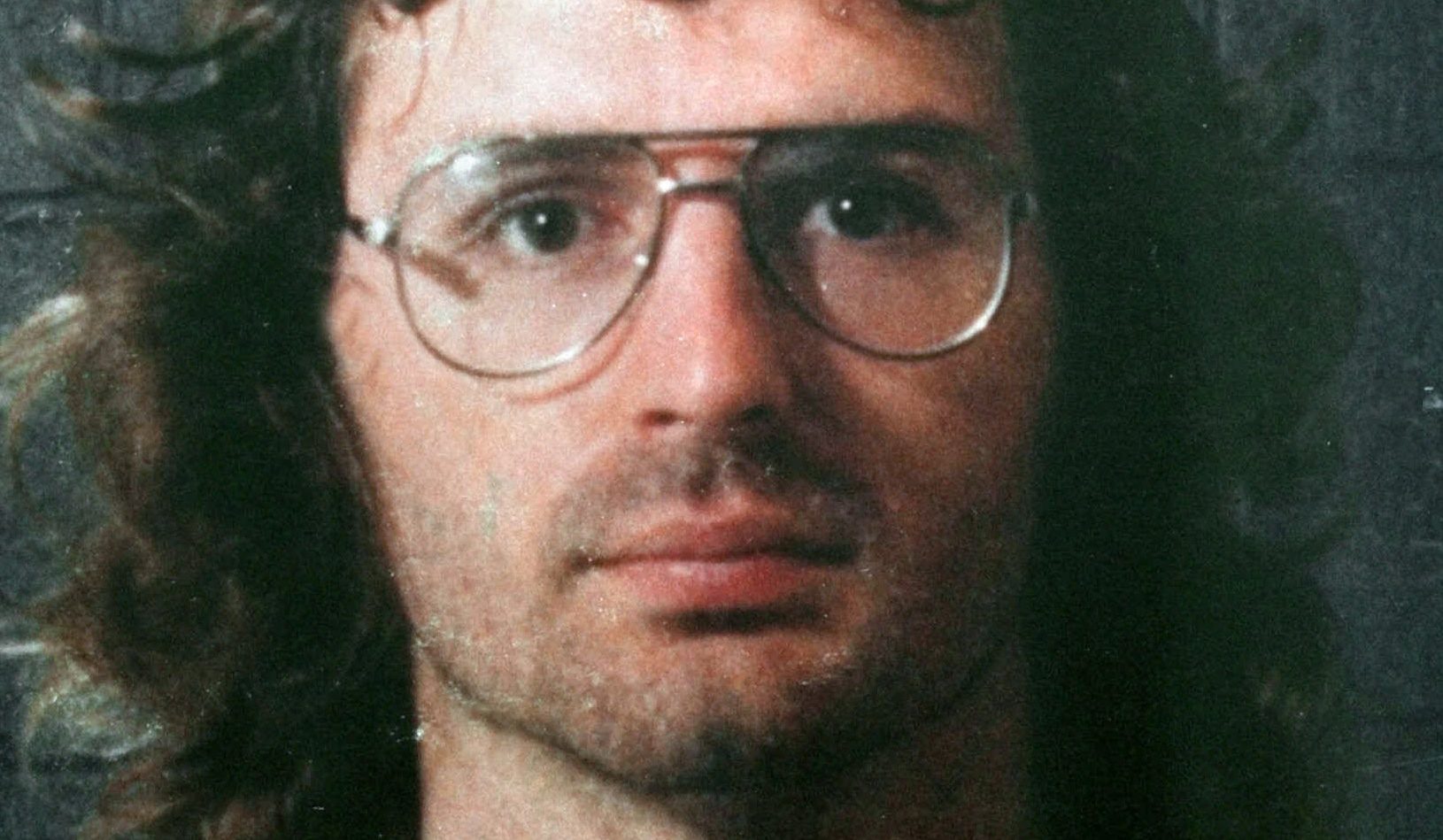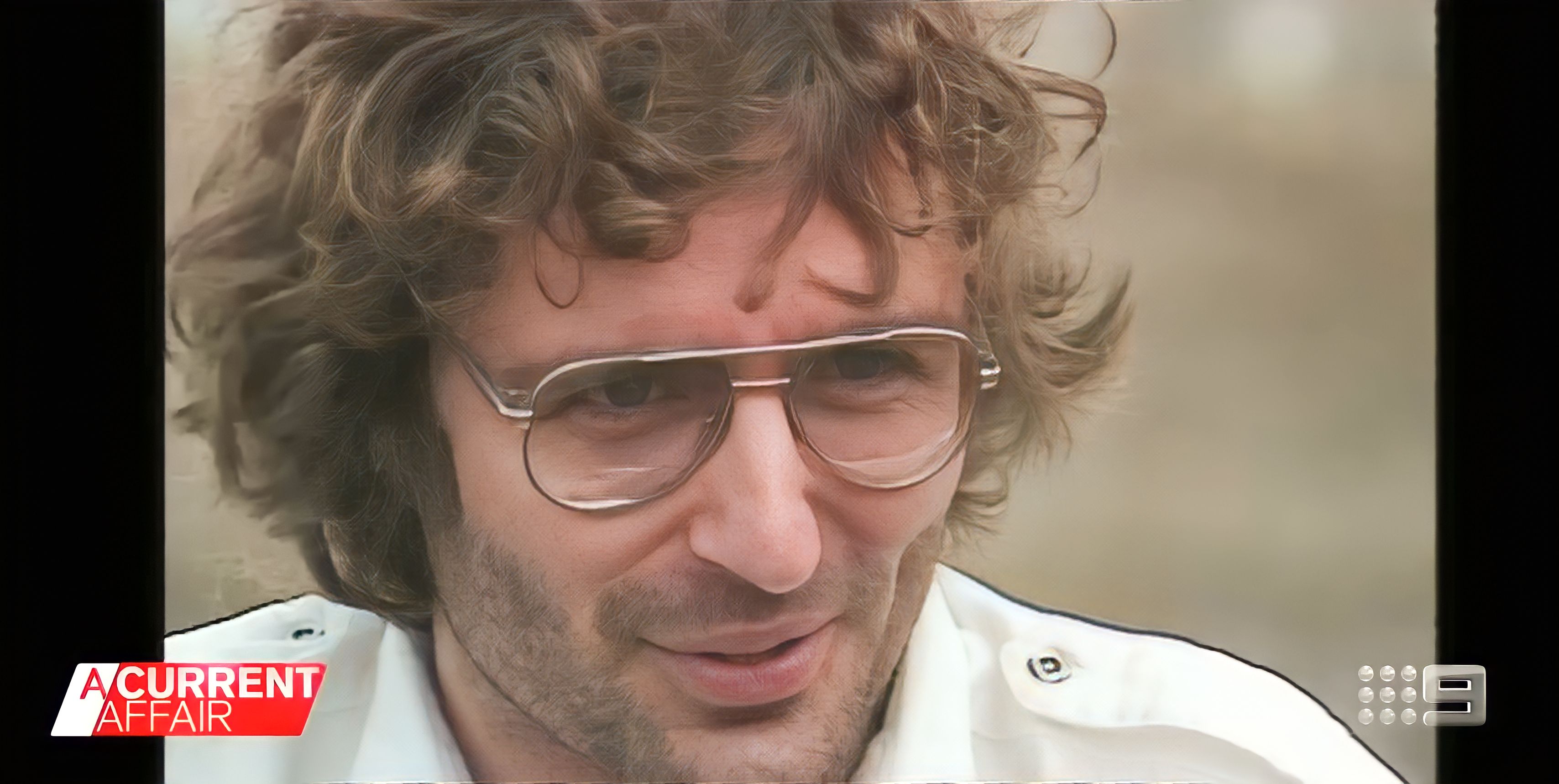Showtime’s crime series ‘Waco: The Aftermath’ revolves around the aftermath of the Waco siege, the confrontation between the Branch Davidians and federal agencies such as the FBI and ATF. In a parallel storyline, the series depicts how a self-taught Bible scholar named Vernon Howell became David Koresh, the leader of the apocalyptic religious movement. After becoming the successor of Lois Roden, Koresh led the religious group with utmost authority. He also claimed the Mount Carmel Center from George Roden, Lois’ son. What prompted Koresh to change his name? Let’s uncover the significance behind it.
Vernon Howell Adopted David Koresh as Messiah Persona
Vernon Howell was born on August 17, 1959, in Houston, Texas. As a child, he had to attend special education classes because of his poor study skills and dyslexia. In 1981, he moved to Waco, Texas, to join the Branch Davidians, led by Lois Roden at the time. After joining the religious group, he started to claim that he had the gift of prophecy. According to Colin Wilson’s ‘The Devil’s Party: A History of Charlatan Messiahs,’ Vernon even claimed that he was instructed by God to father a child by Lois, who would be the “Chosen One” or the messiah. Although the same didn’t happen, Vernon started to project himself as a messiah.

Vernon changed his name in the wake of his projections as a savior of his people. In 1990, he filed a petition in California State Superior Court to change his name to “for publicity and business purposes.” only for the same to get approved later the same year. He then chose the name “David Koresh.” He chose the first name “David” apparently to include himself in the lineage directly to the biblical King David, from whom the new savior would descend. It is also connected to the Throne of David, which “Jesus would occupy after He returned,” as per Jeff Guinn’s ‘Waco: David Koresh, the Branch Davidians, and A Legacy of Rage.’
The last name “Koresh,” however, has an extensive backstory. Vernon chose “Koresh” because it is the biblical name of Cyrus the Great. “For his first heavenly insight, Vernon was reminded of Cyrus, king of Persia, mentioned prominently in Isaiah 45. Babylon conquered Israel in 586 BC and took many Jews into captivity. But when Cyrus and his Persian army defeated the Babylonians forty-seven years later, they freed the Jews, returned them to their homeland, and, with the Persian king’s own money, rebuilt the Temple there,” Guinn wrote about the significance of the name “Koresh.”

By naming himself Koresh, Vernon was trying to be a messiah. “Cyrus is described in Isaiah as a ‘messiah’ of God, meaning one appointed by the Lord to provide a special service. Several messiahs are mentioned in the Bible, but Cyrus is the only gentile so designated. Vernon Howell was informed that he was this same Cyrus, whose name in Hebrew is ‘Koresh.’ Vernon must take that as his name. Like his biblical namesake, David Koresh would rescue the righteous from Babylon,” Guinn added.
Although Vernon took his time to change his name, his followers started to see him as a messiah even before the same. “Vernon Wayne Howell wouldn’t legally change his name until 1990—secular details were always afterthoughts. But to his followers in Palestine, Texas, he was immediately David Koresh, the returned messiah Cyrus, and the Lamb of Revelation who would lead a holy war against Babylon and usher in the End Time, just as the Bible prophesied. It was all quite impressive,” wrote Guinn in the same interview.
Read More: Ruth Riddle: Where is the Waco Survivor Now?


You must be logged in to post a comment.